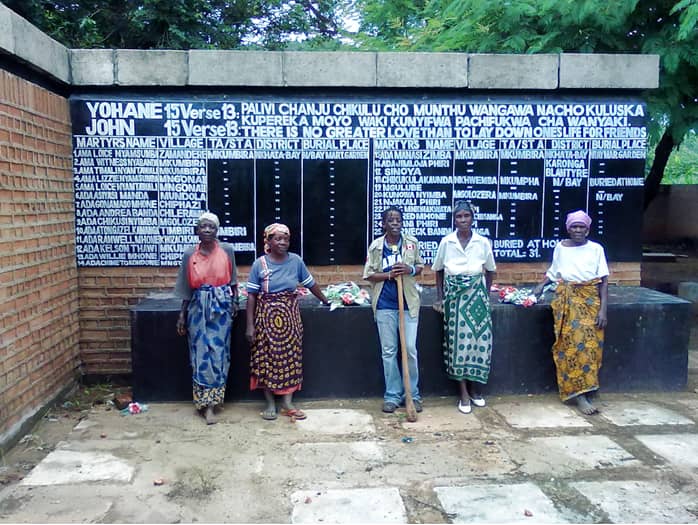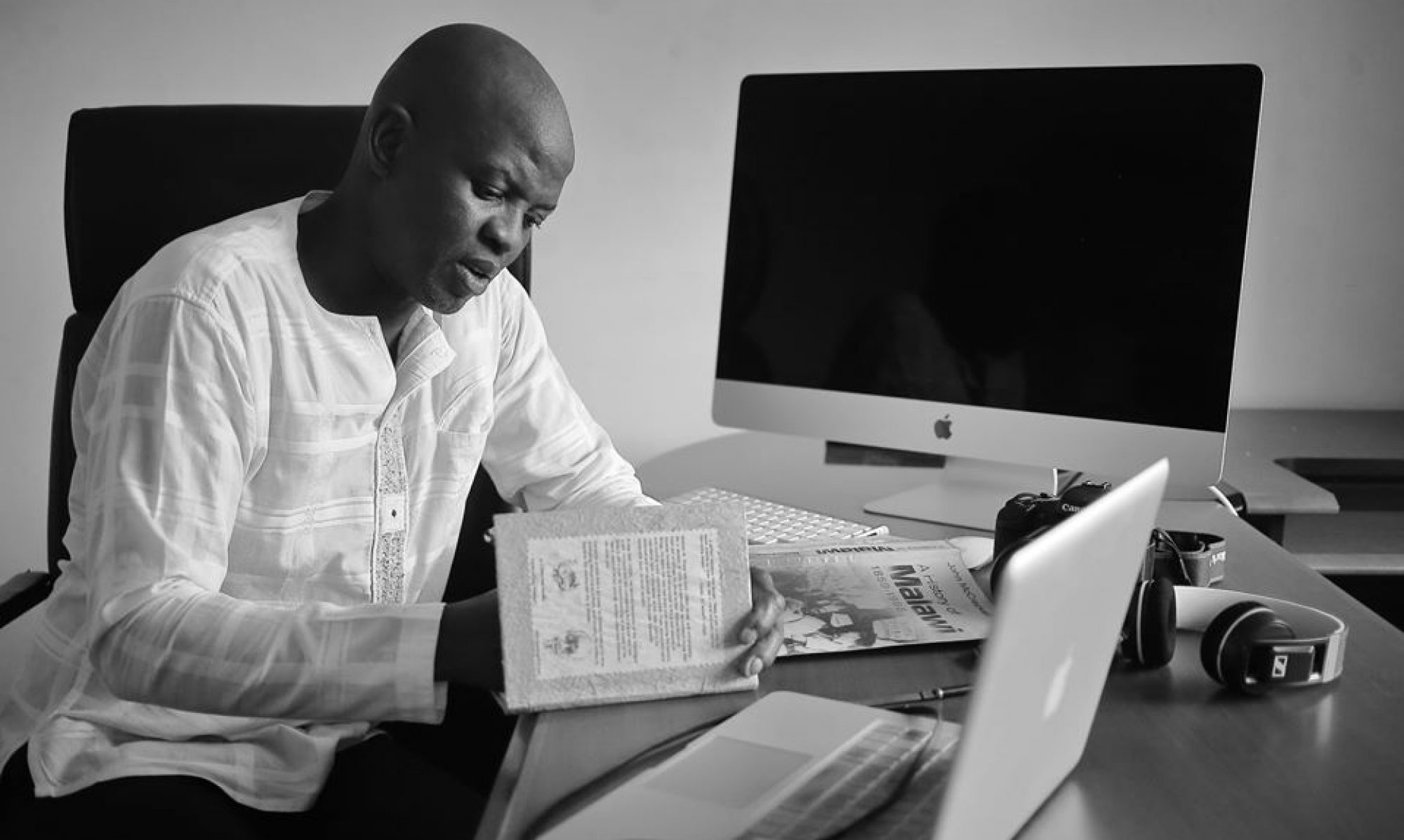Today Malawi commemorates Martyrs Day to remember fallen heroes in the fight for independence. Who is a fallen hero? Well, until a few years ago, 3rd March was a day for commemorating Malawi’s foremost citizen, John Chilembwe. Chilembwe again? Yes, Chilembwe again.
Today the day is quite inclusive, although it can be more. Today it zooms in on the 21 people who were shot dead by colonial security forces in the Nkhata Bay massacre, on 3rd March 1959. Kamuzu Banda and other key members of the Nyasaland African Congress were taken into custody, in what was termed ‘Operation Sunrise’ and a State of Emergency was declared. It was alleged that Kamuzu and co plotted to kill all white men. In total, over 50 Malawians were killed and 1300 arrested. The emergency lasted until 1960. The official enquiry later showed that excessive force was used by the Kings African Rifles (the army then) and the Police.
3rd March wasn’t always inclusive. For people like me who lived through Kamuzu Banda, 3rd March was an interesting day. It was more than a special day. It was a feared day. The whole country shut down. You had to be home, supposedly meditating on Chilembwe and his fight for freedom. MBC Radio, the only outlet in those days, would blast somber songs all day. The much feared Youth League, the ‘youth’ arm of Kamuzu’s Malawi Congress Party, would be the ones out and about, making sure everyone was inside mourning. The joke I recently heard is that if you were caught drinking on 3rd March, you would be locked up until after the next 3rd March, to make sure you didn’t drink on the next one!

The climax for this day would be a radio play on John Chilembwe, broadcast around 3 pm It was a caricature of the man, designed purely to elicit certain emotions. A famous scene is when an African man is shot by W Jarvis Livingstone, manager of the Magomero Farms and Chilembwe’s arch enemy. In the scene, the African survives after being shot and is retelling the story to Chilembwe: “I just heard ‘Monkey’, and then the shot!”
Malawiana scholars like Owen Kalinga, John McCracken, Jane Linden, John Lwanda, Brian Morris, and others have pointed out how Banda shrewdly subjugated Chilembwe to being his John the Baptist. Before Kamuzu showed up on the scene in Malawi, Chilembwe was the de facto nationalist, his 1915 uprising against imperial Britain still talked about, and his name an inspiration for loud protest against colonial Britain. This subjugation happened mostly through this radio play. Towards the end of the play, as Chilembwe is fleeing into present Mozambique, colonial gunshots ringing in the background, he pauses long enough to prophesy the coming of one who will finally flee Malawi from the yoke of Chitaganya (British colonialism). Chilembwe’s killing was not as dramatic. Chilembwe historian David Stuart-Mogg presents a very good account here.
Kamuzu understood the power of radio in an oral setting like Malawi. And he went to great lengths to force Malawi to buy into this simplistic one-dimensional Chilembwe narrative, for his gain. Chilembwe, a key person in the colonial narrative especially around insurrections against imperialism, deserved a much better and nuanced portrait. And in deifying himself, he was very calculating, at the risk of betraying scholarship. And betraying the 50 people who lost their lives, for post independence, 3rd March would eventually centre on him alone, via Chilembwe’s prophecy. In short, the struggle and triumph for independence would be centred on him. With a first degree, a PhB in History from University of Chicago, Kamuzu was more than qualified to right the wrongs of history in Malawi, long a victim of orality and its many subversions. He did not. It is also worth mentioning that Shepperson and Price’s opus on Chilembwe, Independent African: John Chilembwe and the Origins, Setting and Significance of the Nyasaland Native Rising 1915, had come out in 1958, long before independence in Malawi. Yet Kamuzu, who knew Shepperson personally, never pointed that book towards the people at MBC Radio who ‘wrote’ this play.
When democracy returned to Malawi, president Bakili Muluzi and the new power guard singled out John Chilembwe for his own day, 15th of January. The choice of 15th January is in itself surprising, even arbitrary, as Chilembwe’s famed uprising started on the 23rd January. And Martyrs Day was refocused to centre on the 3rd March 1959 activities, specifically the 21 people who died in Nkhata Bay, in northern Malawi.
Lomathinda: Rose Chibambo Speaks by Timwa Lipenga (Logos Open Culture, 2019) sheds light on 3rd March as Rose Chibambo was a key participant, and a key female participant. And she, and countless others, suffered greatly through this ordeal.
